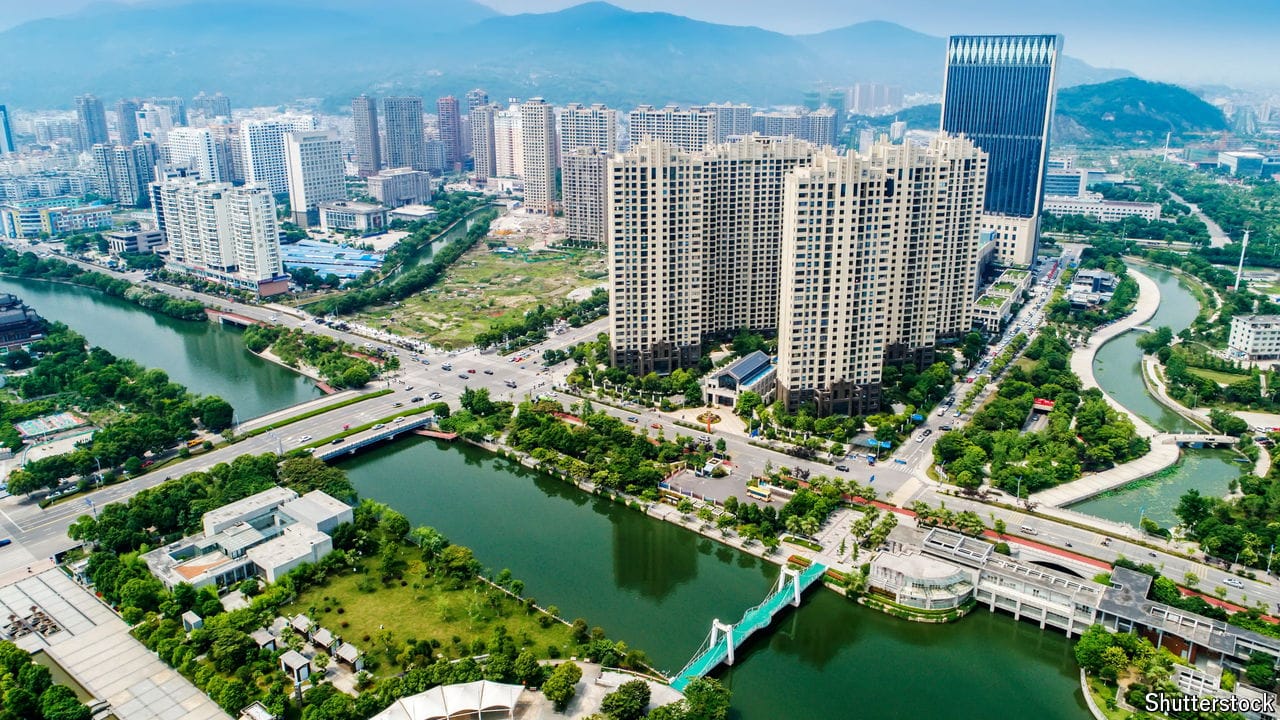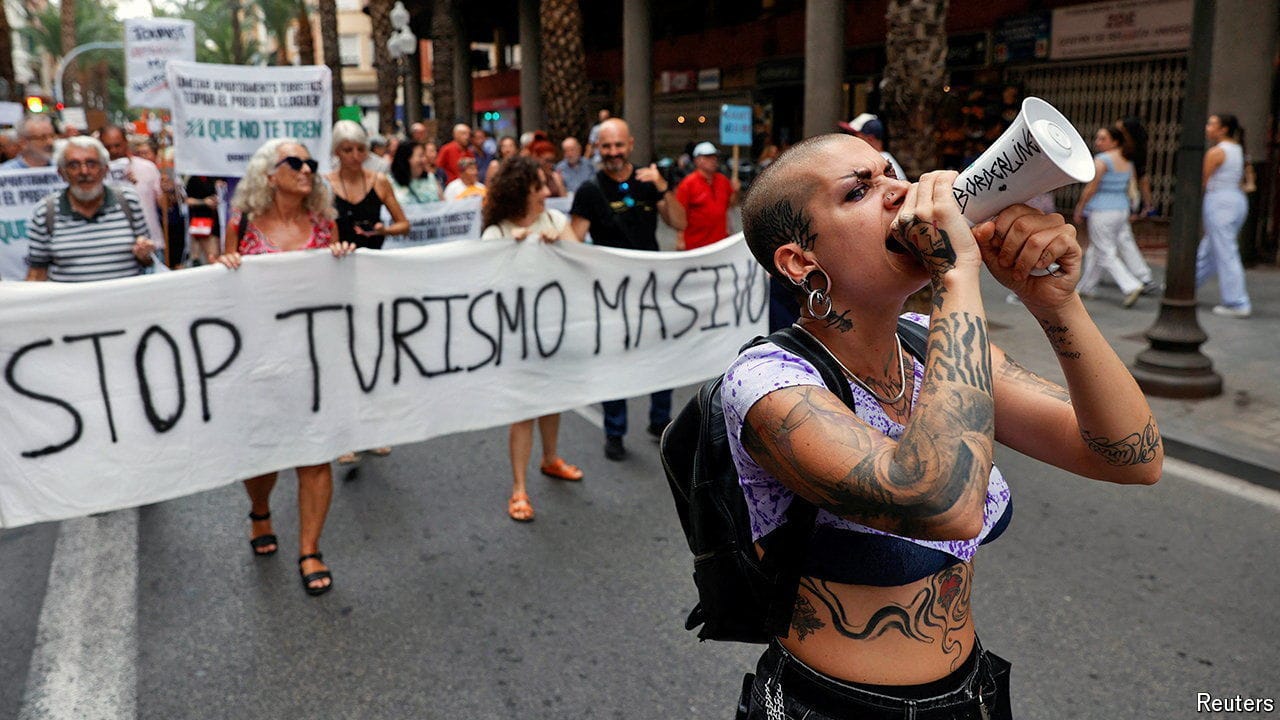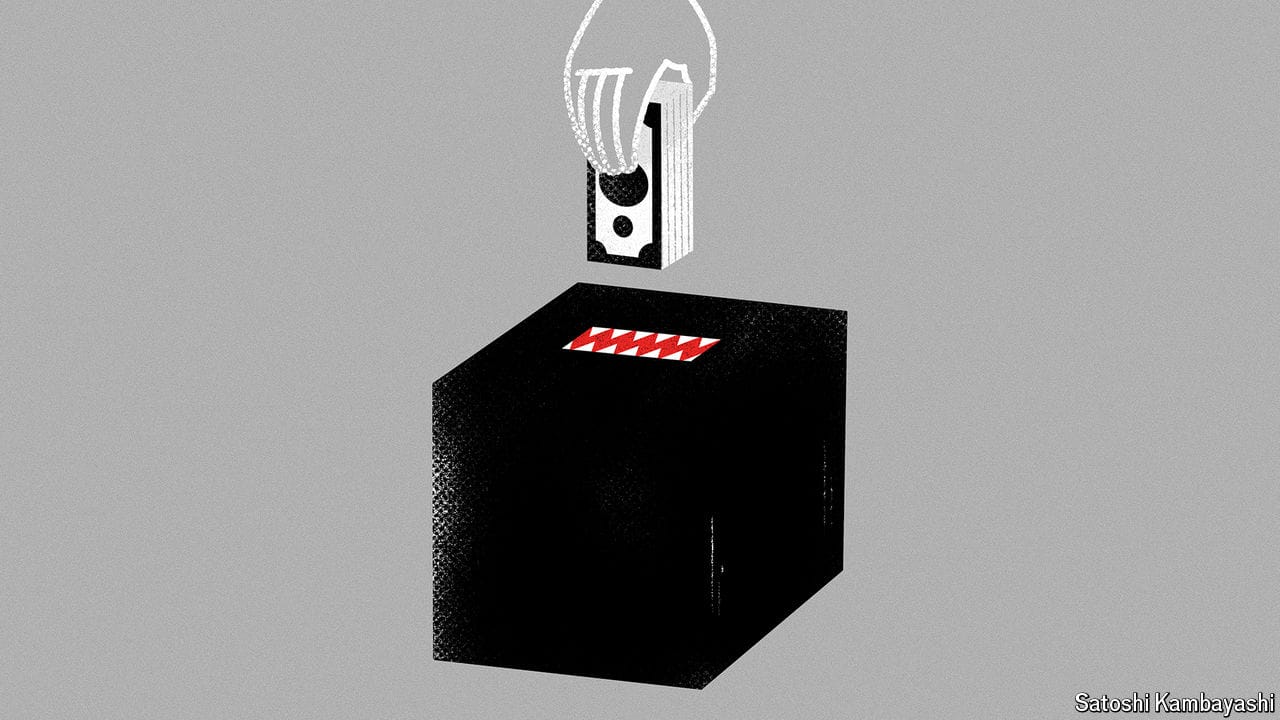This year’s Nobel prizes prompt soul-searching among economists
The rise of randomised controlled trials looks to some like a retreat from the biggest questions

NOBEL PRIZES are usually given in recognition of ideas that are already more or less guaranteed a legacy. But occasionally they prompt as much debate as admiration. This year’s economics award, given to Abhijit Banerjee, Esther Duflo and Michael Kremer, was unusual both for the recency of the contributions it recognised and the relative youth of the recipients. (For a review of “Good Economics for Hard Times”, by Mr Banerjee and Ms Duflo, see Books and arts section.) Intentionally or not, it has inflamed arguments about the direction of the profession.
The prize, awarded in early October, recognised the laureates’ efforts to use randomised controlled trials (RCTs) to answer social-science questions. In an RCT, researchers assess the effect of a policy intervention by dividing participants into groups, only some of which are treated with the policy. This year’s winners used RCTs to study the effectiveness of anti-poverty programmes in developing economies. To take one example, Mr Kremer suspected that poor health might depress learning by reducing school attendance. By using randomisation to set the schedule by which different schools’ pupils would be treated for intestinal worms, Mr Kremer and his co-author, Edward Miguel, learned that deworming improved health and attendance—but not test scores. Their work has been highly acclaimed, before the Nobel and after. But strikingly, given its practical success, it has also faced sustained criticism.
This article appeared in the Finance & economics section of the print edition under the headline “Works in progress”
Finance & economics November 23rd 2019
- Big Tech takes aim at the low-profit retail-banking industry
- Pope Francis promised to clean up the Vatican’s murky finances
- Excess Asian savings are weighing on global interest rates
- How machine learning is revolutionising market intelligence
- What next for Europe’s banking union?
- Firms that analyse climate risks are the latest hot property
- Why currency traders are serene even as Western politics gets messy
- This year’s Nobel prizes prompt soul-searching among economists
More from Finance and economics

China’s last boomtowns show rapid growth is still possible
All it takes is for the state to work with the market

What the war on tourism gets wrong
Visitors are a boon, if managed wisely

Why investors are unwise to bet on elections
Turning a profit from political news is a lot harder than it looks
Revisiting the work of Donald Harris, father of Kamala
The combative Marxist economist focused on questions related to growth
Donald Trump wants a weaker dollar. What are his options?
All come with their own drawbacks
Why is Xi Jinping building secret commodity stockpiles?
Vast new holdings of grain, natural gas and oil suggest trouble ahead
